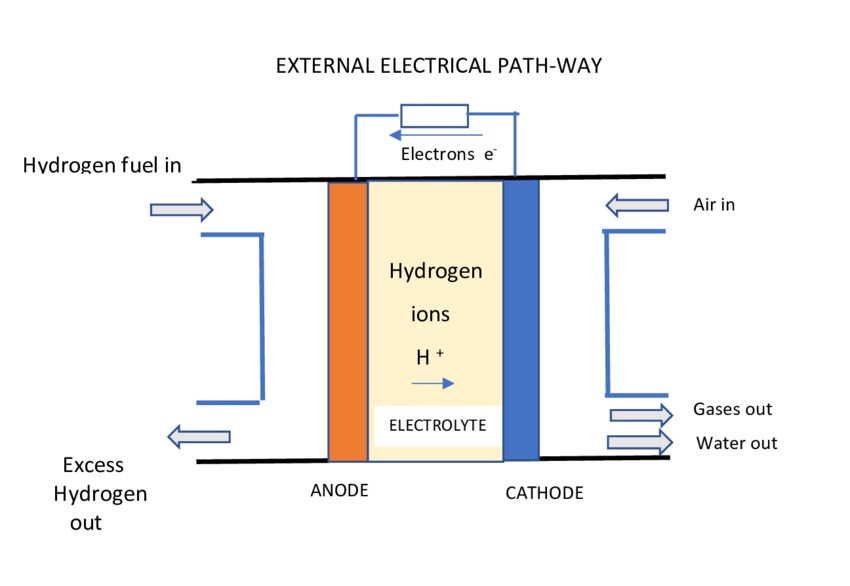7667766266
enquiry@shankarias.in
Hydrogen fuel cell technology is emerging globally as a valuable multisector alternative for fossil fuels.

References